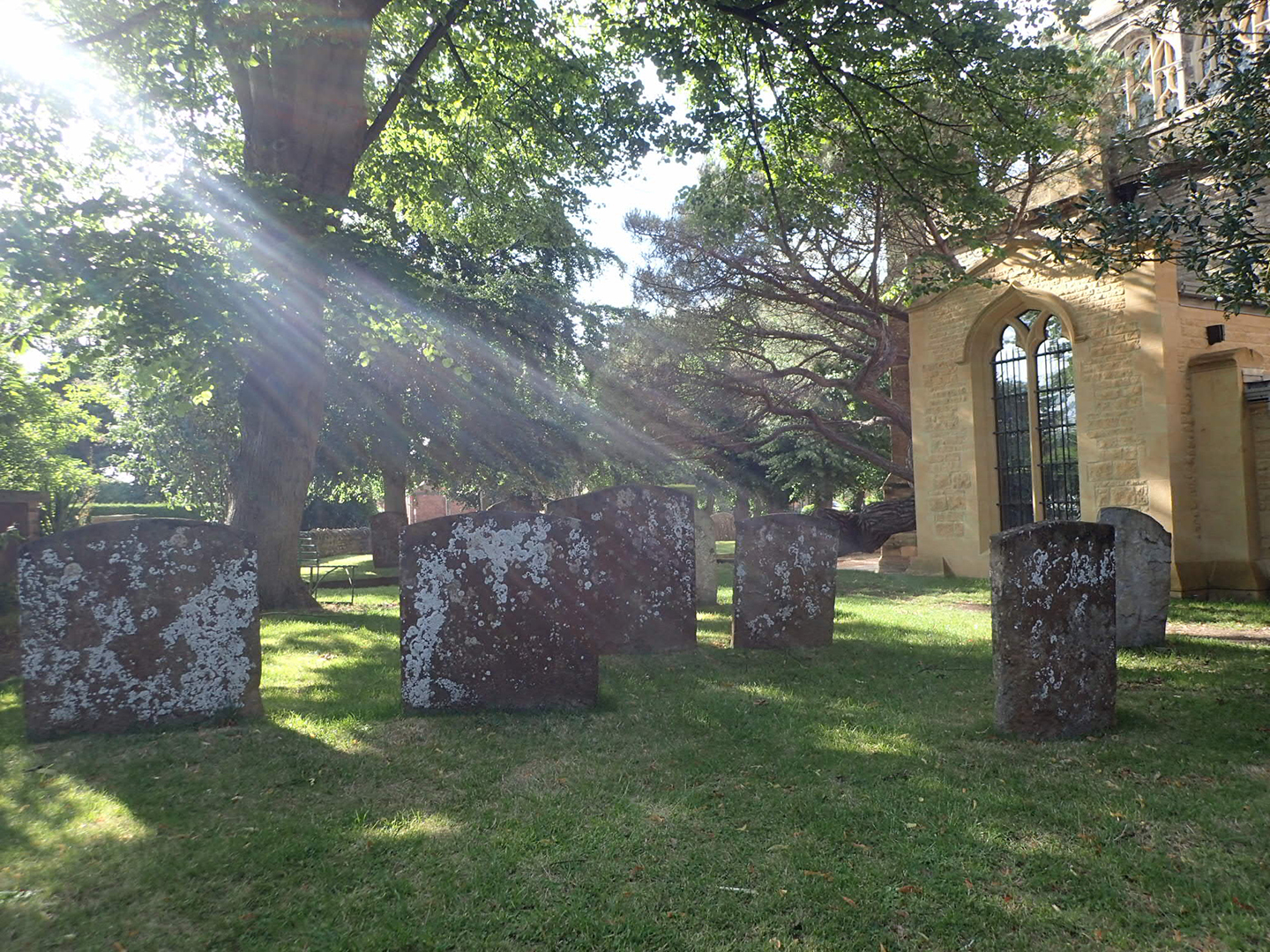In the middle of a meeting about redesigning the creative writing curriculum, one faculty member asked a big question, a showstopper of a question, maybe the question: “What’s the purpose? Like, what are we preparing these students for?”
The one thing we could all agree upon was that the degree was not some ticket you could redeem for a book, much less a career as a professional writer. No overpromising here.
So, fine. That’s what the program is not. But what is it? What were we trying to do here?
We didn’t come up with any answers in that meeting. The conversation shifted, but the question stuck with me. And, as usual when I walk around with a question lodged in my heart, the universe has started giving me answers. Like this one that I came across in Big Magic:
The rewards (of writing) could not come from the external results—I knew that. The rewards had to come from the joy of puzzling out the work itself, and from the private awareness I held that I had chosen a devotional path and I was being true to it.
BIG MAGIC, Elizabeth Gilbert (emphasis mine)
A devotional path: I had never thought about a writing practice in those terms, but it resonates with me. It speaks to the way I approach my writing and my teaching. Let me show you some ways to walk this devotional path. Maybe one of these ways will work for you; maybe you’ll find a different way. None of us can say where this path will take any given student, but we can help them learn to walk it.
That sounds nice and all, Bryan, but what’s the point of all that walking? Toward what end?
A fine question. We shouldn’t promise a destination, but we should define a purpose. A few years ago, I read an article from Stanford’s d.school that talked about “purpose learning,” which focused more on students’ missions than majors. This purpose-oriented mindset connects what the student is studying to the effect she wants to create. For example:

The second part of a purpose-learning statement—the part that follows a phrase like so that or in order to—is really interesting to me. So what could a purpose-learning statement for a creative writer look like? A clue for a possible answer can be found in this blog post from Lee Martin, author of The Mutual UFO Network and other books.
Make your writing part of your identity—what you do is who you are—but never allow your success or your lack thereof to be a factor in how you value yourself. Do what you do for the love of it. Do it because you have to. Write because you know you’d be less human if you stopped.
“Ten Precepts for the Writing Life,” by Lee Martin, from his blog.
Humans are the story-telling animals, as Jonathan Gottschall writes. Learning how to write stories and poems and essays—it’s the most human thing you could be doing. And what is a liberal arts education if not learning how to be more human?
So here’s one answer to the big question. Tentative, raw, and far from the only answer, but hopefully an improvement on the awkward silence of the meeting. Writing is a devotional path. We can help you learn to walk that path for the rest of your life, becoming more human with each step.
Further reading: Anna Leahy makes the case.
